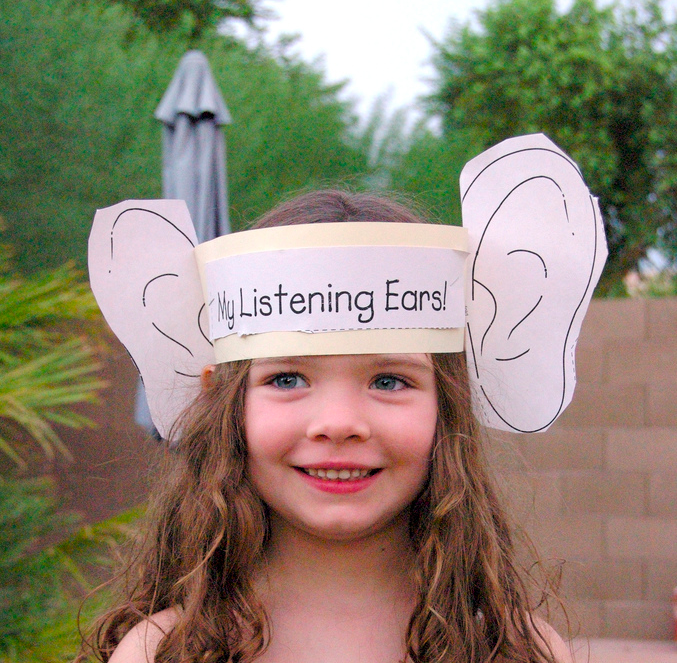There is a fundamental correlation between progress and your capacity to listen.
By listening, I’m not referring to following what you are being told, quite the opposite. I’m referring to getting the most that you can —thoughts, experiences, knowledge, advice— from as many people as you have access to that might have something interesting to contribute and share. To my short experience, this skill is a leading indicator of success.
It takes a lot to be able to listen. First, you need to feel good with yourself. Coming into peace with what you’ve done and what you haven’t is a core prerequisite. Lack of self-esteem turns out to be the underlying reason why you keep your ears shut to whatever you are listening to.
Second, you need to put aside your past experiences, along with the feelings and biases that come with them. Pattern matching may be your friend, or may be not. Common sense though will always serve you well, so you’d better keep challenging everything under its prism at first.
Third, you need to build a capacity to filter. Authority and expertise are definitely of value but, no matter who you are listening to, what you are being told might not be a good fit for your unique problem and context. Keep in mind that in every case you are the one to judge and be judged.
As basic as the above may sound, they are rarely met in practice. Communication is designed to be a two-way exchange, yet it has devalued to typically become a demonstration of ego. However, playing it tough on your views is a really shortsighted way to communicate your knowledge, power or vision.
Actually, the less receptive you are on feedback in a discussion, the more you communicate your lack of the above. Not listening to others suggests your lack of comfort; if your opinion is superior you are expected to demonstrate data and arguments to support it in an open conversation.
Let me repeat it, you might eventually do the exact opposite of what you are told to. That is fine, if not required in most cases. That said, you need to be there and listen before you make your mind. Then take a step back and keep what works for you, nothing less or more. You might keep nothing in the end, but you should get everything in between, as there lies great underlying value.
I believe this underlying value is a big part of the reasons why you make it or break it. Consider the time you spend communicating on a daily basis. If you are listening or not, you significantly increase or devalue the utility you receive from the very key asset that your time is. In the long run, progress or its lack thereof may not come as a surprise.
